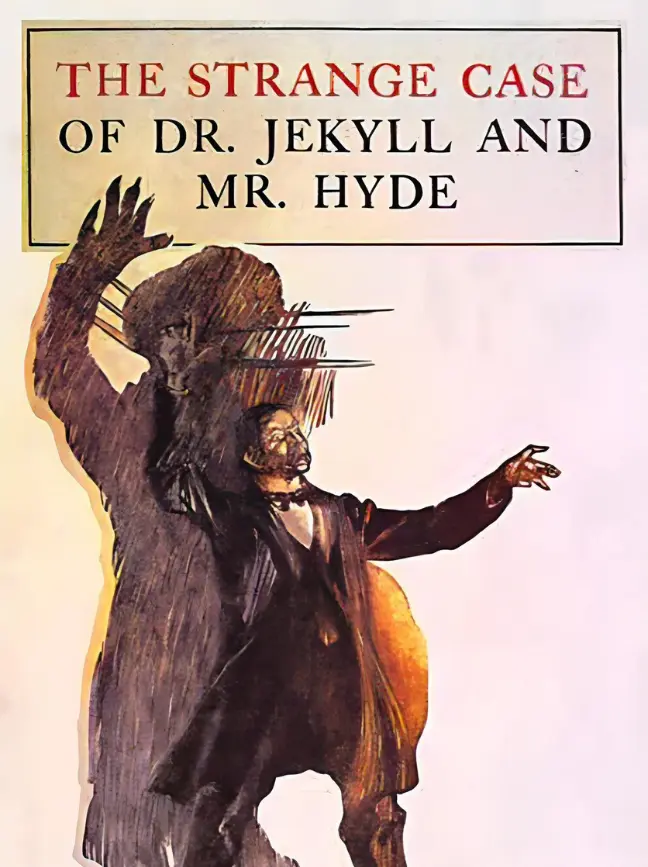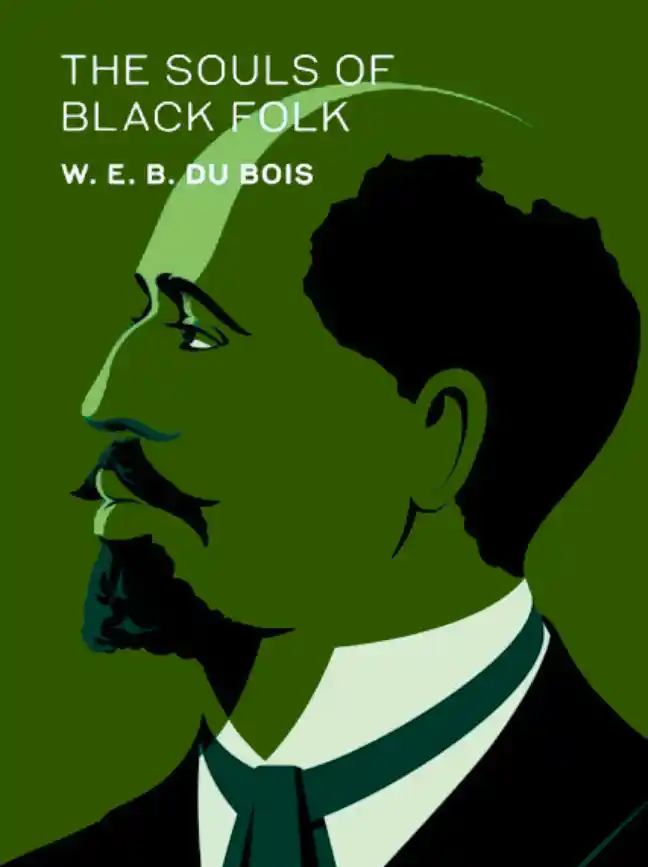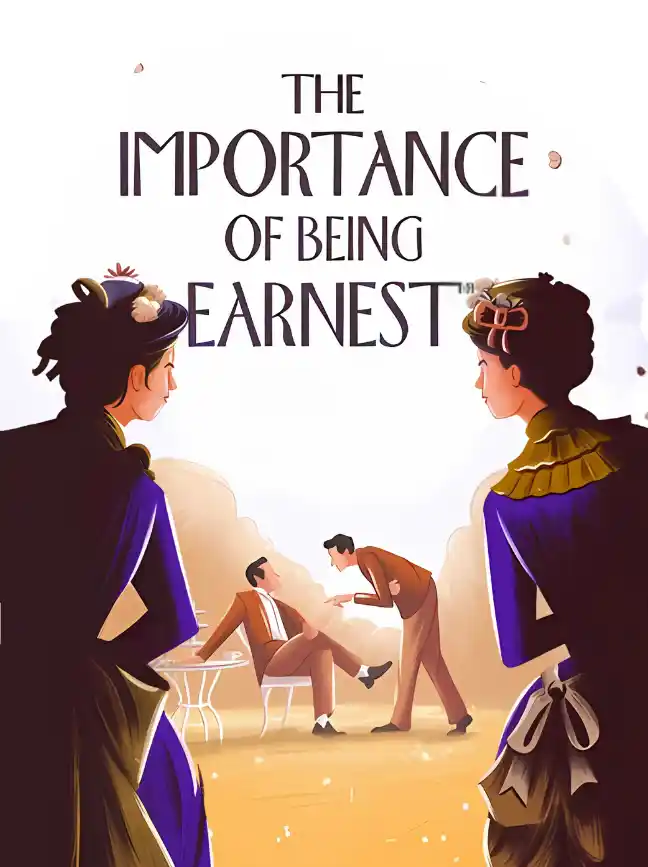BOOK II
Dionysus [is] the Master of Illusions, who could make a vine grow out of a ship’s plank, and in general enable his followers to see the world differently from how it is.
—E. R. DODDS,
The Greeks and the Irrational
CHAPTER 6
For the record, I don’t consider myself a particularly bad person (though I realize that might sound odd!). Whenever I read about crimes in the news, I’m struck by the almost touching certainty with which those involved—whether they’re distant criminals or individuals who have made regrettable decisions—fail to see the harm in their actions; they often feel the need to assert their own goodness. “I’m essentially a good person,” says a person in the news who has been involved in a tragic event. I’ve followed their stories with interest.
I have never thought of myself as an exceptionally good person, but I don’t think I’m particularly bad either. Perhaps it’s simply hard to view oneself in such stark terms. What we did was significant, but I don’t think any of us were truly bad; maybe it was just a matter of personal weakness or misguided judgment.
Looking back, I wish I had understood better what I was getting into. The first incident—the farmer—seemed straightforward, like a stone sinking silently into a lake. The second one seemed easy at first, but it turned out to be far more complex than anticipated. What we thought was a simple task ended up being more impactful than expected, with lingering consequences.
In the late sixteenth century, the Italian physicist Galileo Galilei conducted experiments on falling bodies, dropping objects to measure their acceleration. His findings were that falling bodies accelerate as they fall, and the speed increases with time. Essentially, the objects we were dealing with were moving faster than anticipated when they reached the ground.
This explains how quickly things happened. It’s impossible to slow down or dissect the events in hindsight. The memory of what happened is vivid and disturbing, yet strangely detached, reflecting the calmness I felt during the actual event. The sense of it all is clear, but emotionally, it feels distant.
It took hours for me to grasp the full extent of what had occurred. Perhaps we had discussed it so much that it stopped being a mere idea and became a reality with its own weight. The idea of what we did felt more like an elaborate fantasy than a real situation.
Julian, from our Greek class, used to say, “What is unthinkable is undoable.” While he meant it as a way to encourage rigorous thought, it also reflects our situation. We convinced ourselves that what we were doing was necessary, despite the improbability of our plans.
A month or two before, the thought of what happened would have shocked me. But at that moment, it seemed surprisingly straightforward. The speed of events and how quickly they concluded was striking.
Writing about this part is challenging because it brings back too many sleepless nights and anxious moments. Analyzing our motives seems futile. I don’t fully understand why we acted as we did, and I’m uncertain if we wouldn’t make similar choices under certain circumstances. My feelings of regret might not make a difference.
I apologize for the vague and unsatisfactory explanation of this crucial part of my story. Even those who have been involved in significant events often struggle to recount them clearly. I once read an autobiography of someone known for their controversial actions, only to find it lacking in details and focused on mundane aspects of their life instead.
In a way, I understand their reluctance to delve deeply into their experiences. Some events are too overwhelming to fully grasp at the time. It is only later, in solitude, that the reality of the situation becomes apparent.
When we returned to the car, the woods were quiet, anticipating the snowfall that would soon cover everything.
“Look at the mud,” Francis remarked as we drove through another pothole, the spray hitting the window.
Henry shifted into first gear, trying to navigate through the rough terrain. The car struggled, and Henry had to reverse and then move forward again.
Francis opened his window and peered outside. “We’re stuck,” he said, as the car’s tires spun in the mud.
“We’re not stuck,” Henry insisted, but the tires continued to struggle. Eventually, with a powerful leap, Henry managed to get us out of the hole.
Once in town, we drove to Francis’s apartment. The plan was for the twins and me to walk home while Henry and Francis handled the car. Henry turned off the engine, and an eerie silence filled the air.
He glanced at me through the rear-view mirror. “We need to talk,” he said.
“What about?”
“When did you leave your room?” he asked.
“About a quarter to three.”
“Did anyone see you?”
“Not that I know of.”
The car made ticking sounds as it cooled down. Henry paused, then said, “We need an alibi. We were at a movie from one to four-fifty-five and returned at five-fifteen. We can confirm our whereabouts with the ticket clerk. You need to come up with a story for your time.”
I considered my options and agreed to say I went home directly after being seen around campus. Henry suggested checking for any missed phone messages to explain any gaps.
As the snow began to fall, I hurried home, feeling cold and unsettled. The snowflakes created a surreal scene, but I was too preoccupied with my thoughts to fully appreciate it. I found no messages at home, so I changed clothes and struggled with feelings of anxiety and restlessness.
I tried to distract myself with various activities but couldn’t focus. Eventually, I called Francis, who was with Henry. They advised me to stay close to home and suggested techniques for managing anxiety, which seemed unhelpful.
I went upstairs, feeling the urge for a drink, but found none. My sleeping pills were gone, so I searched for alternatives, finding some pain pills from Judy.
She gave me the pills and invited me to a party. I accepted, though I was reluctant. The party, enhanced by the effects of the medication Judy gave me, made everything seem softer and more forgiving.
I felt an unusual sense of calm and found a new appreciation for my surroundings and the people I encountered.
This Chapter is not Complete due to Dangerous or derogatory content






